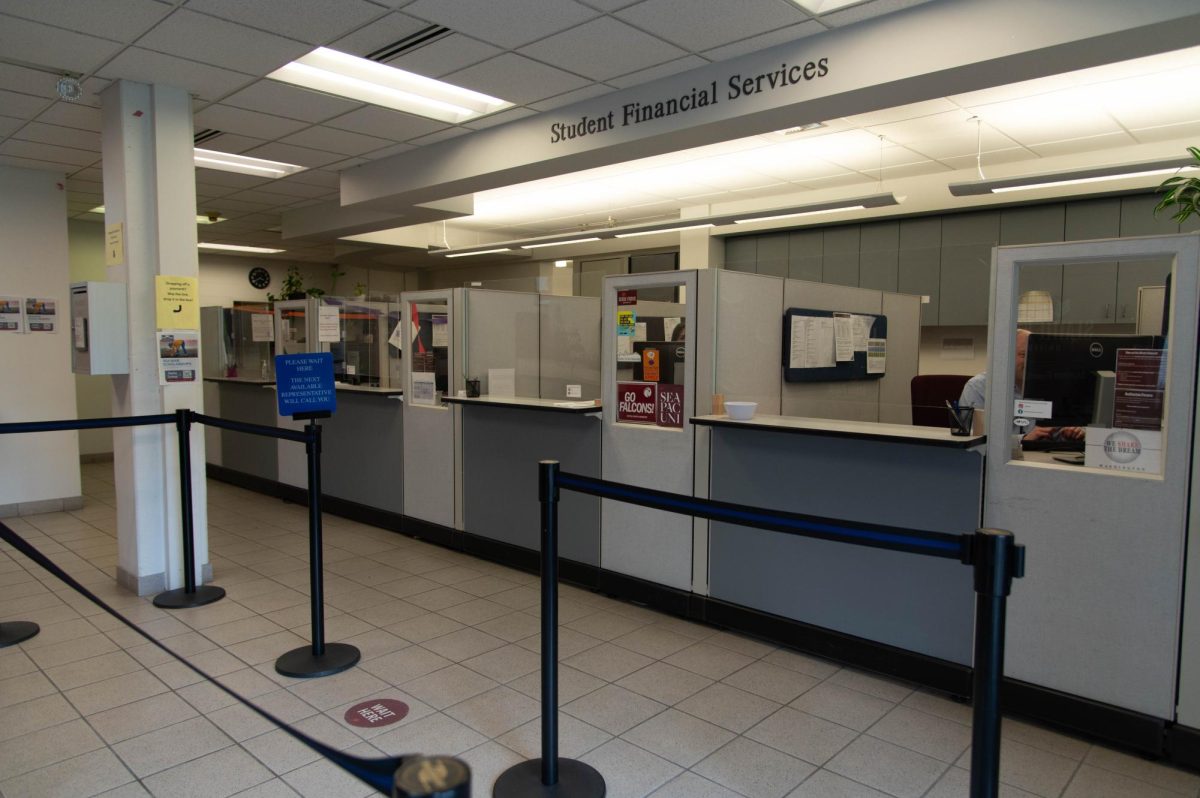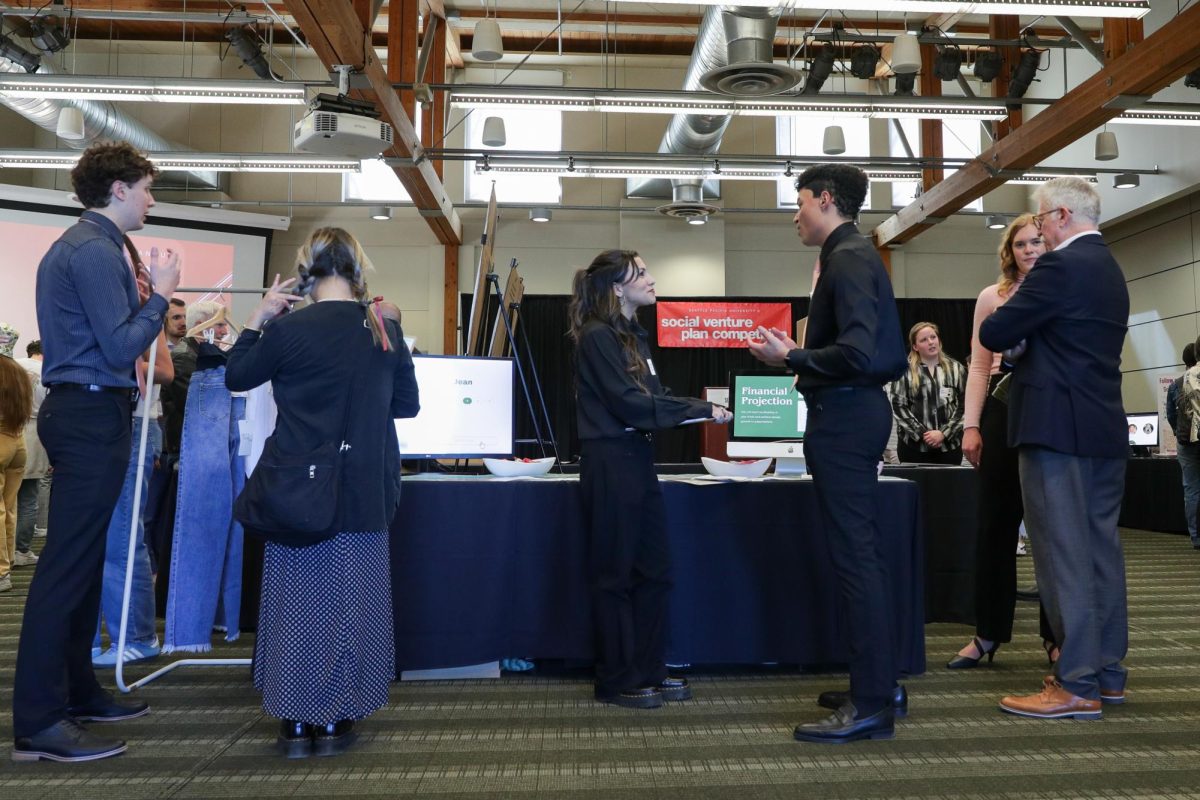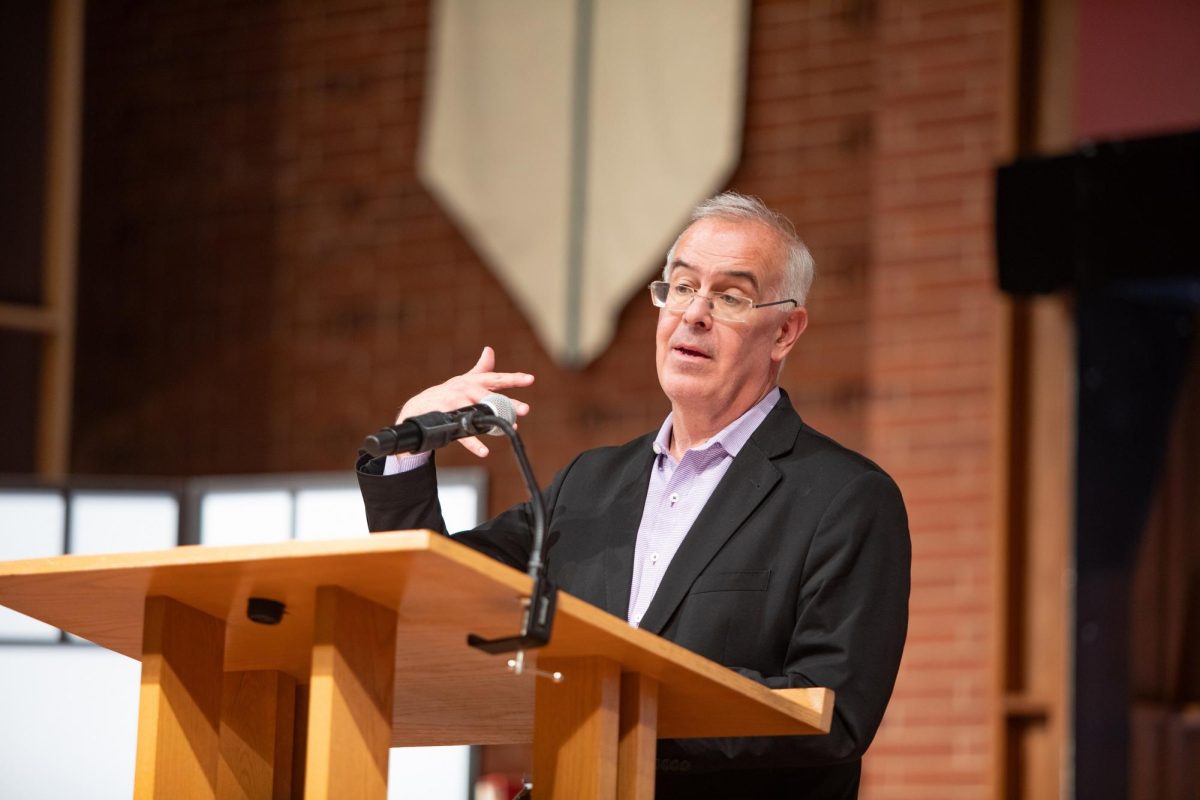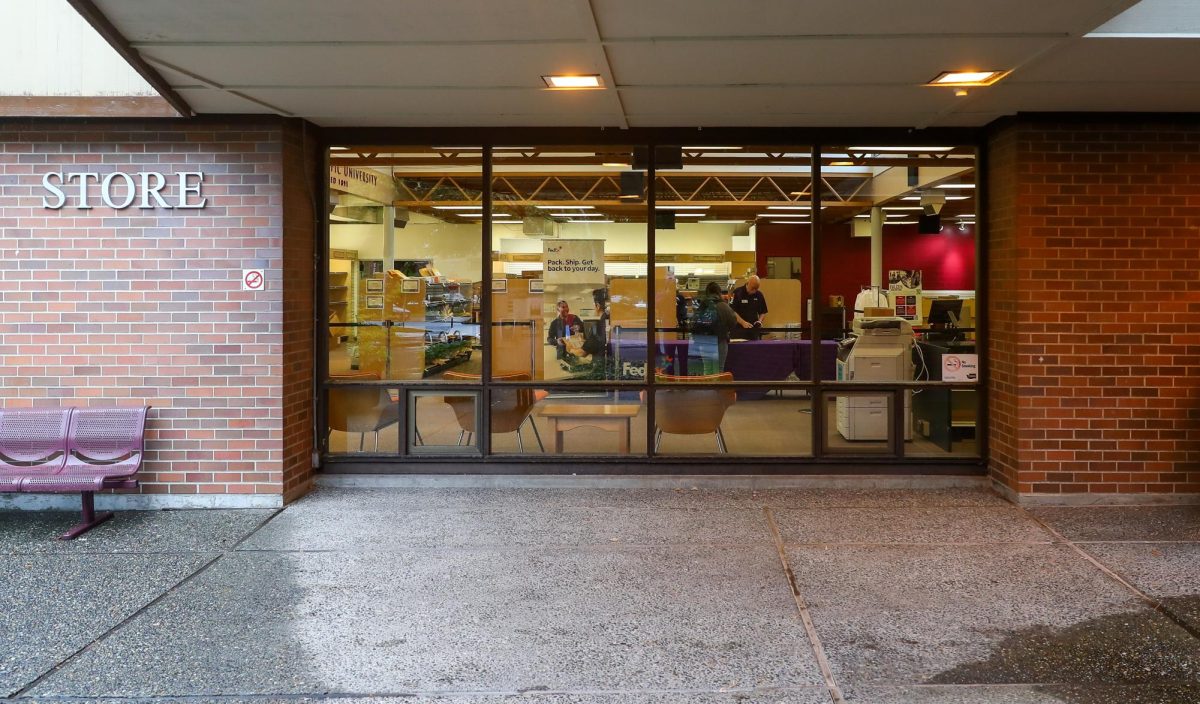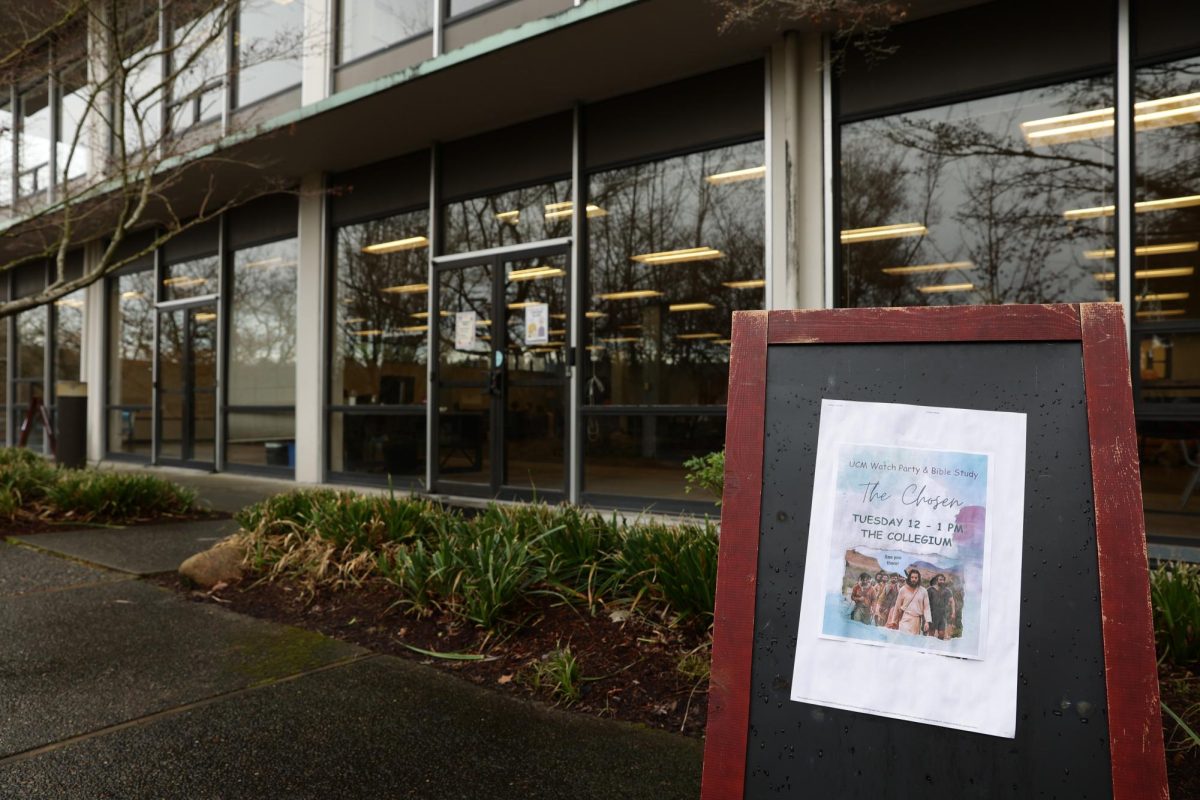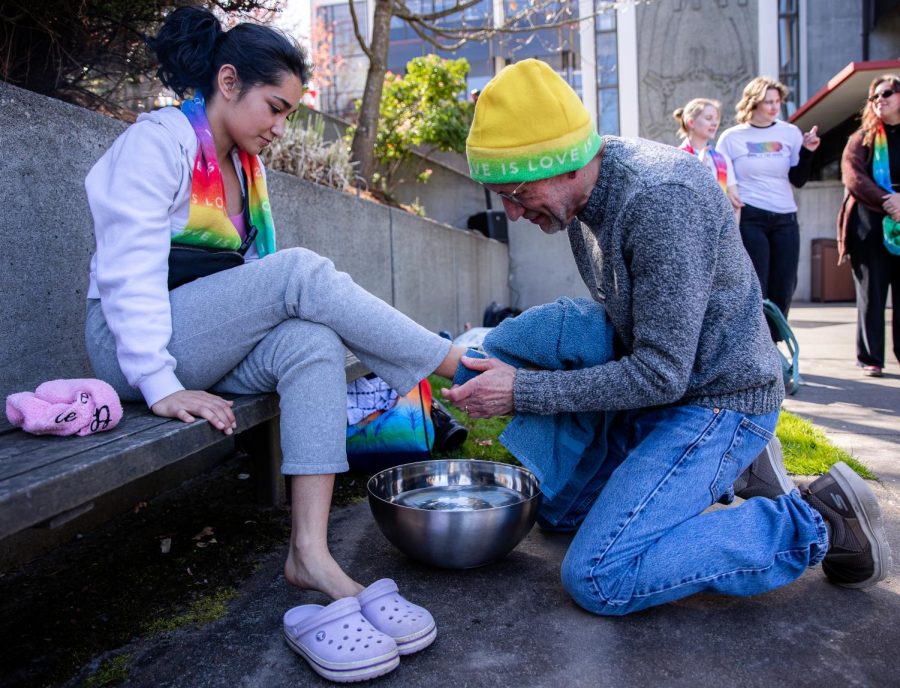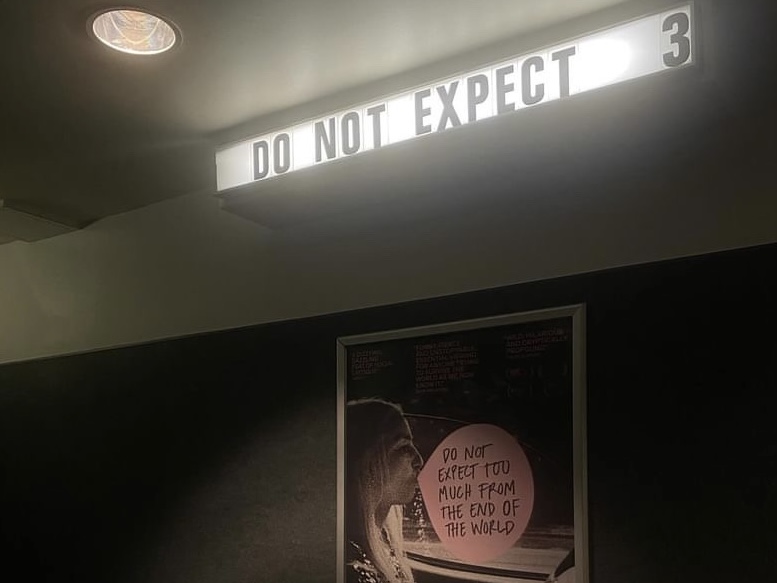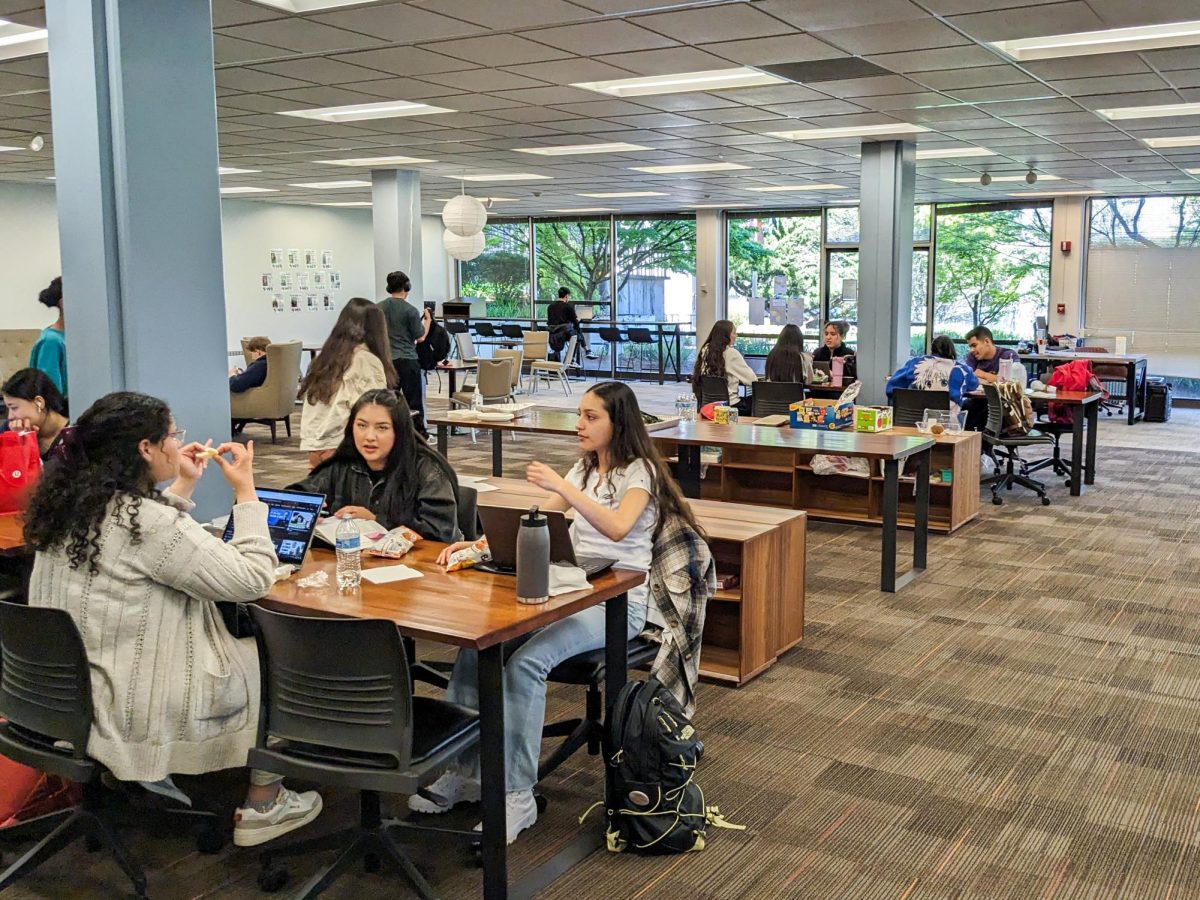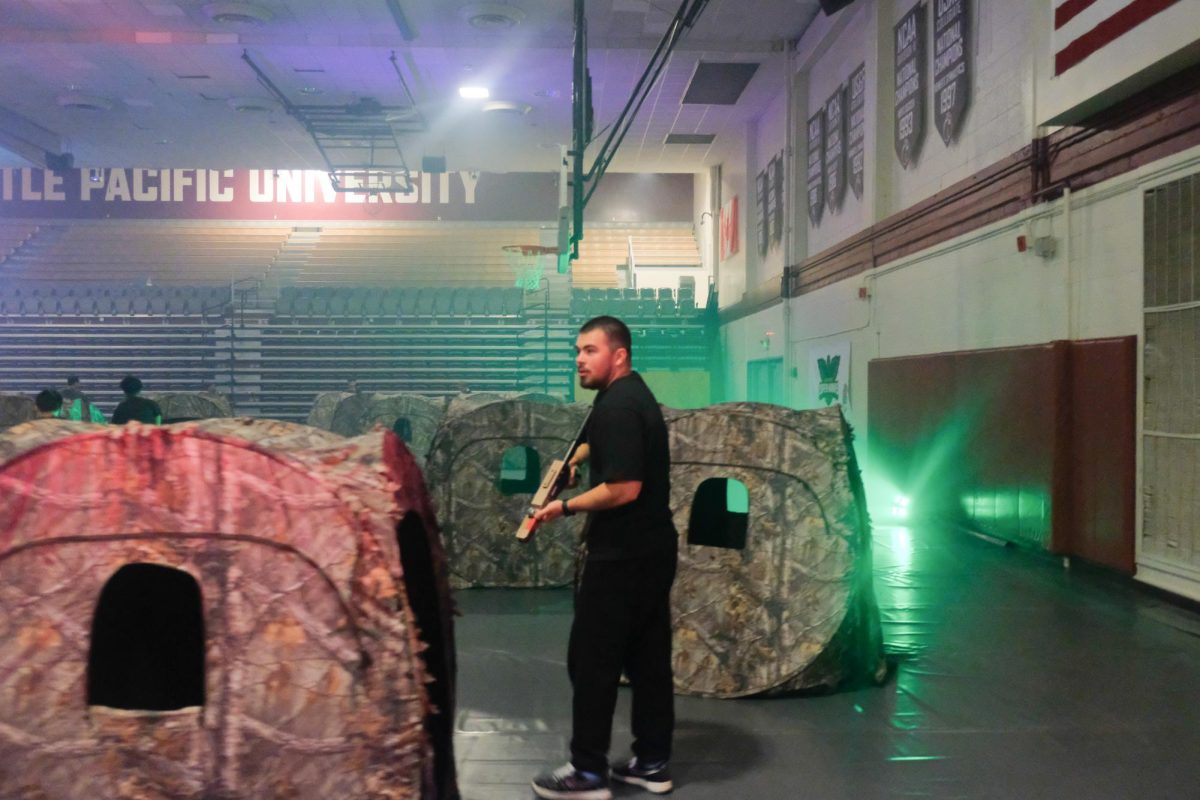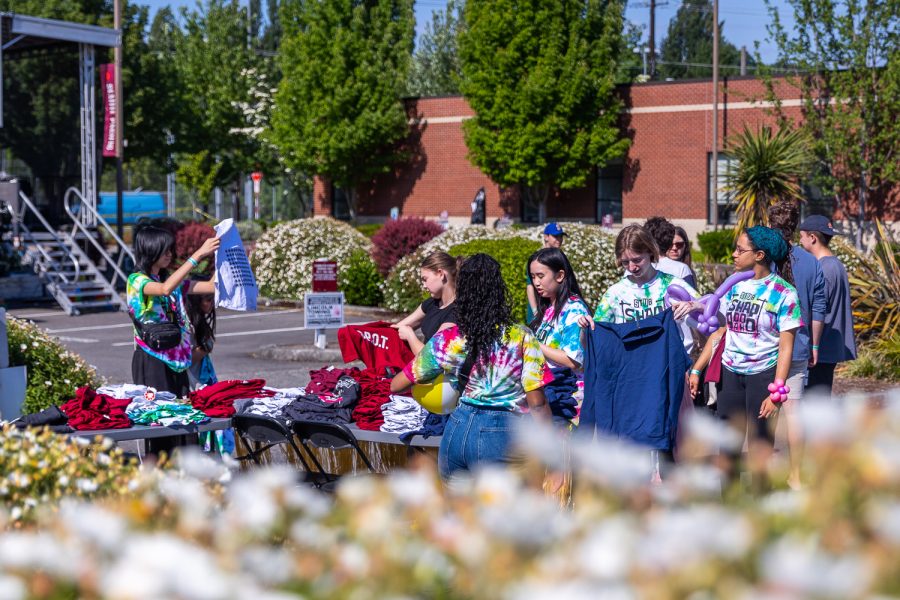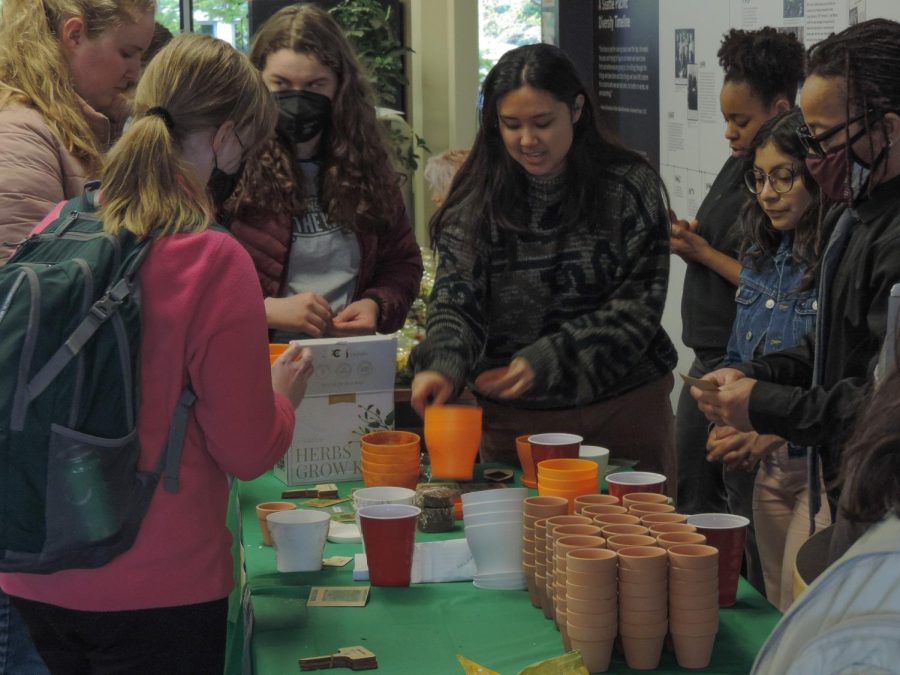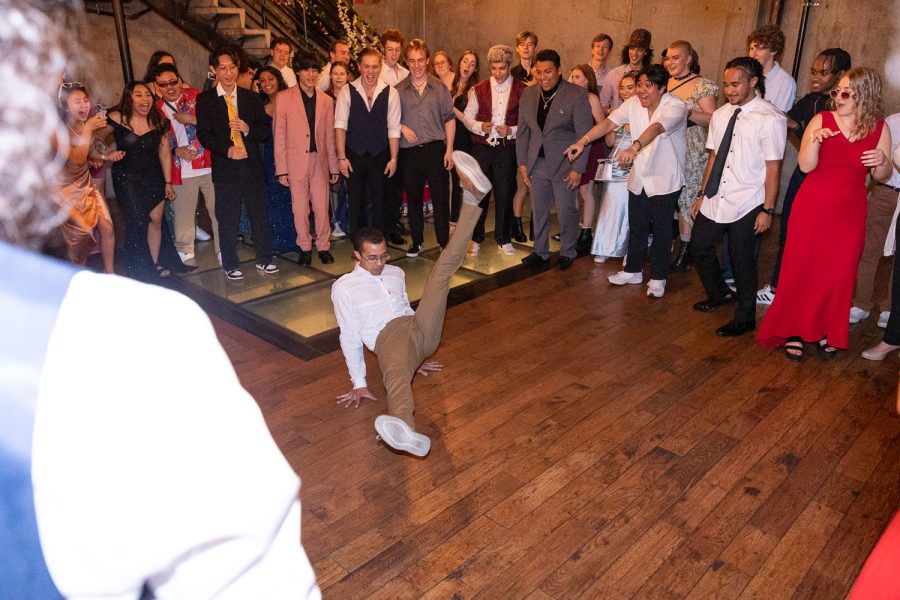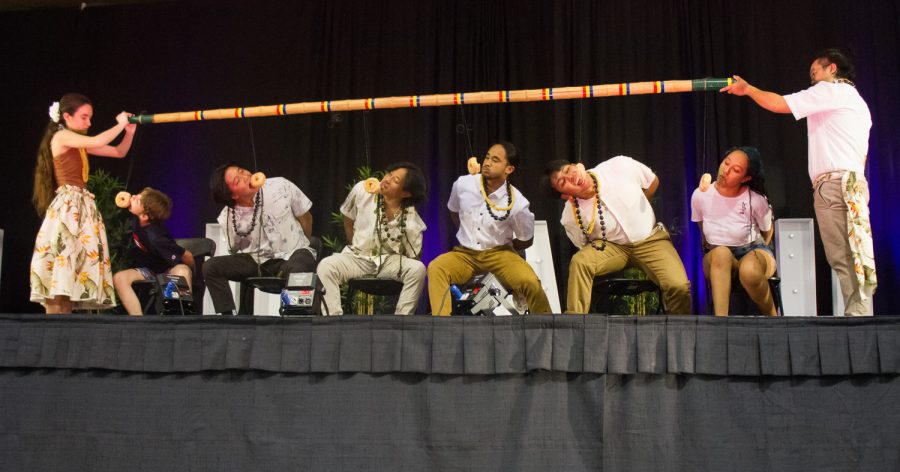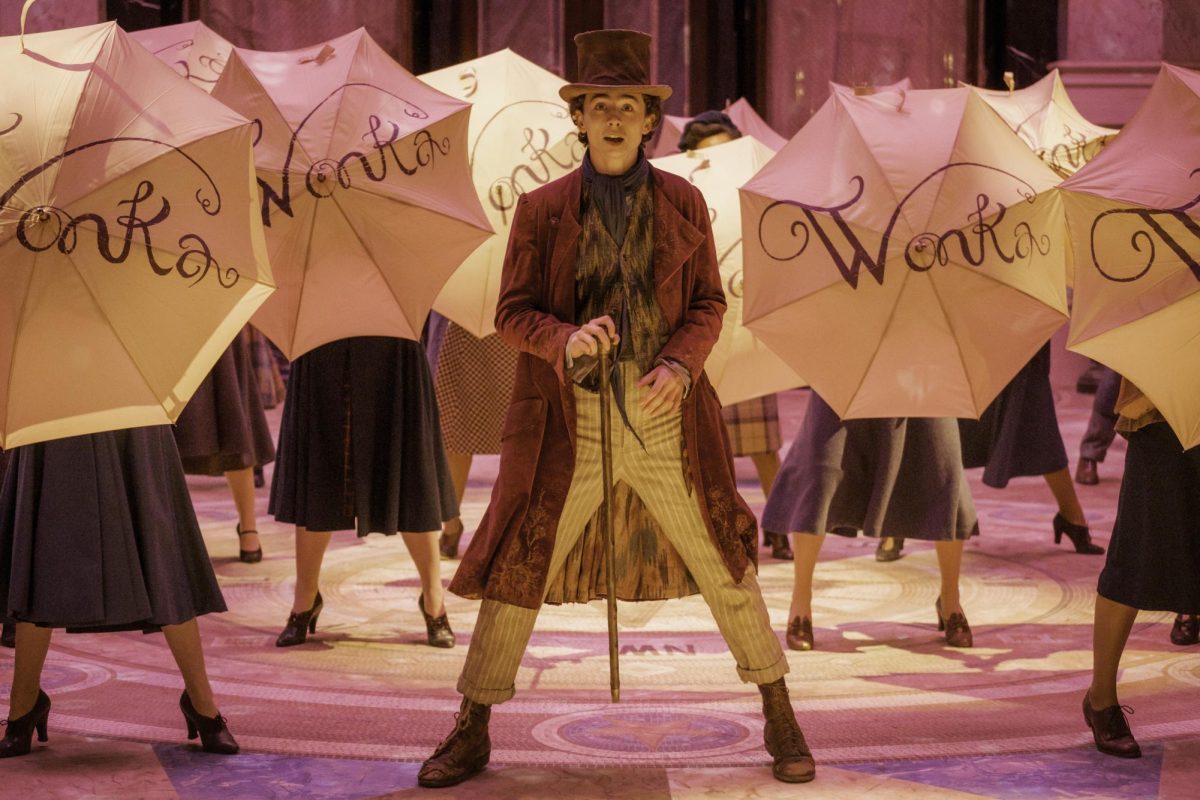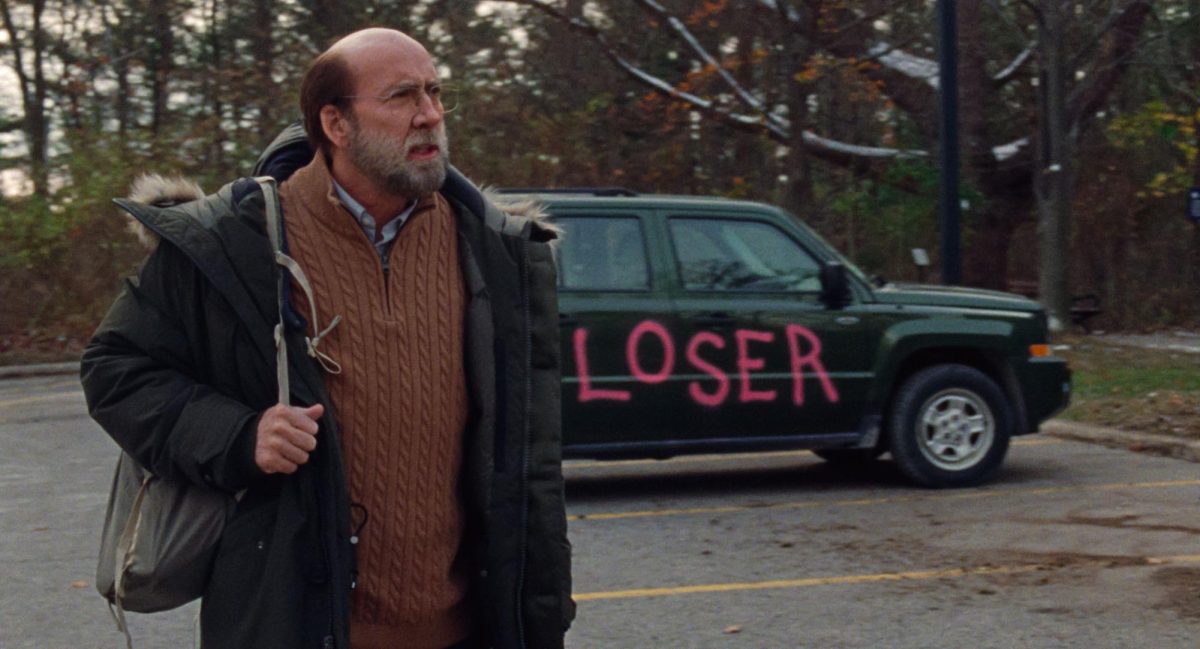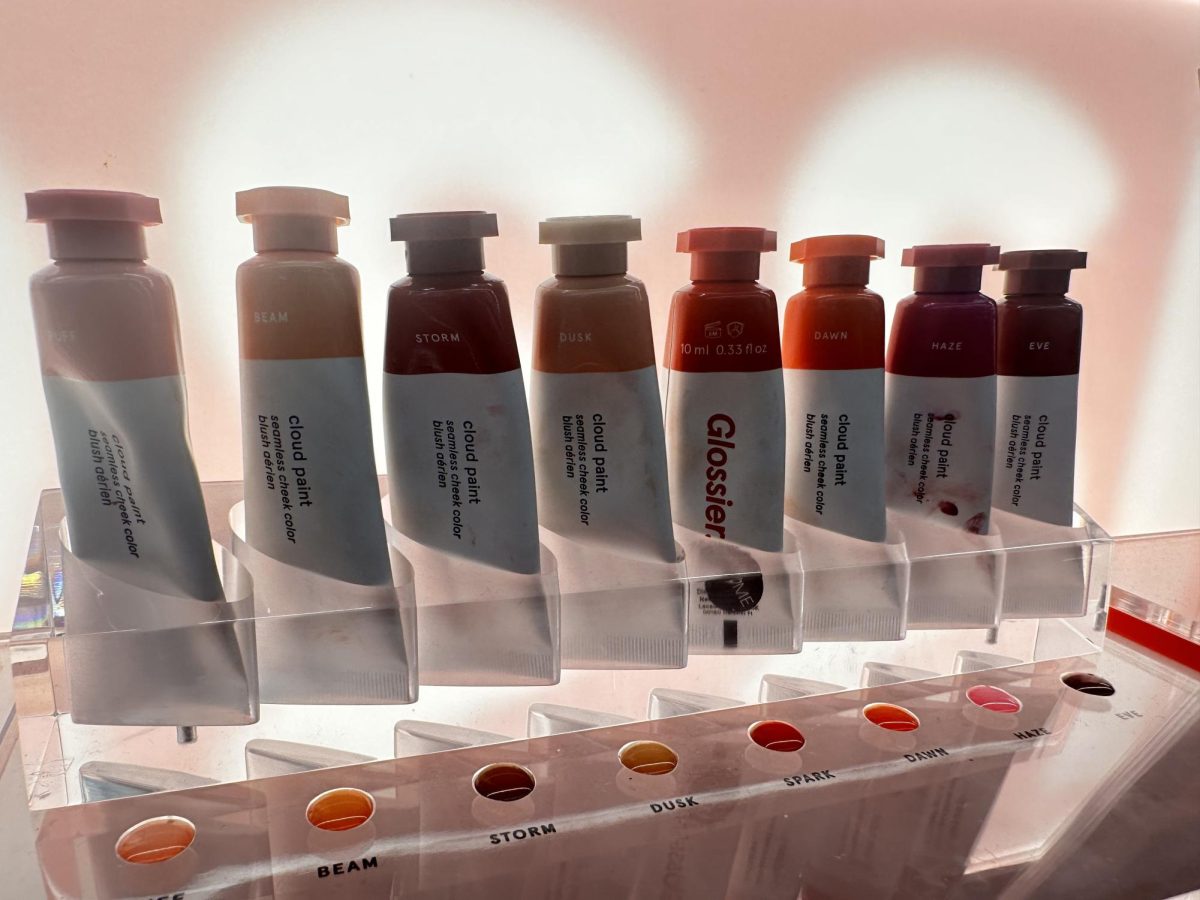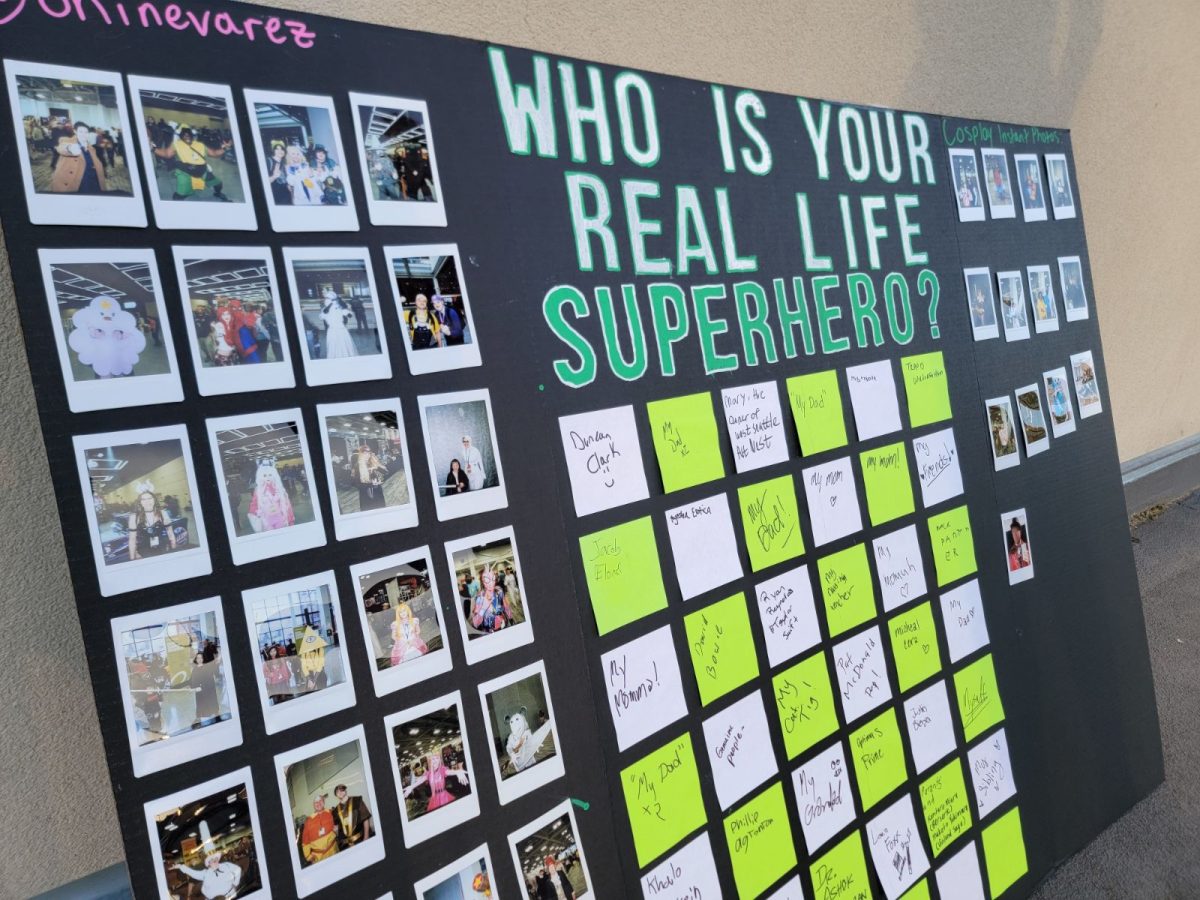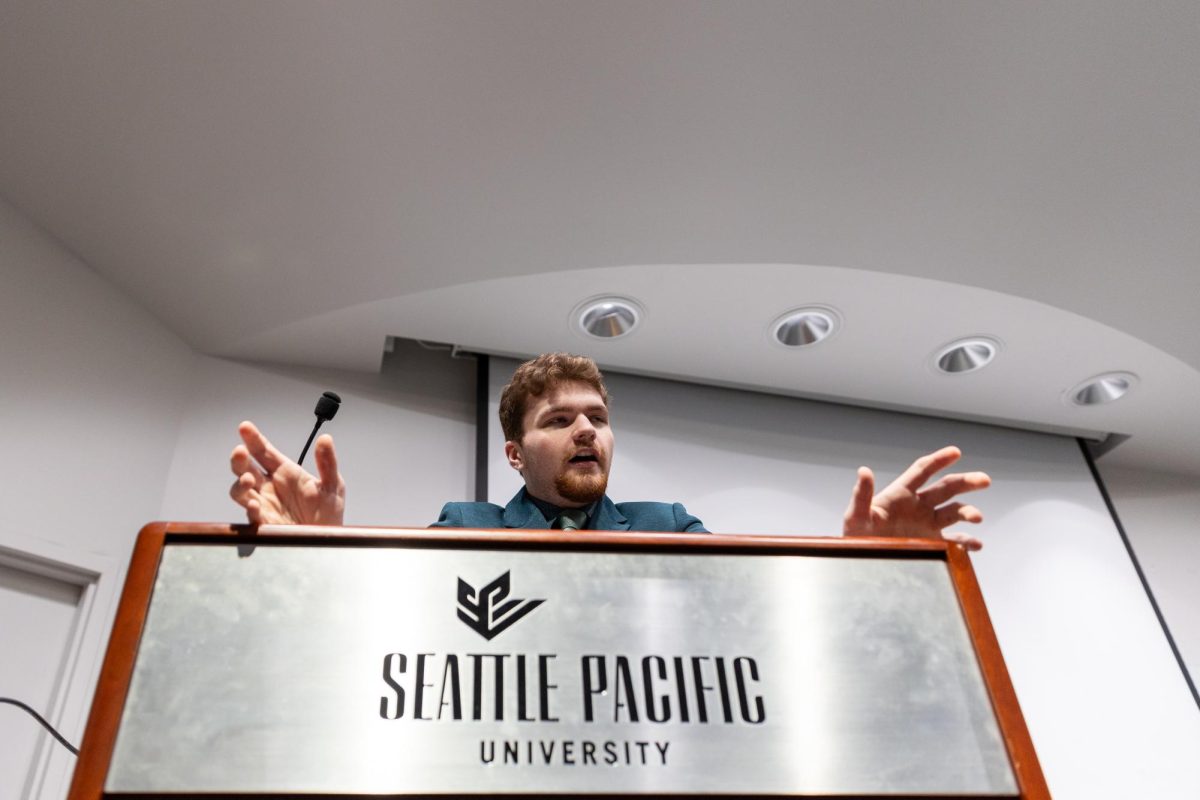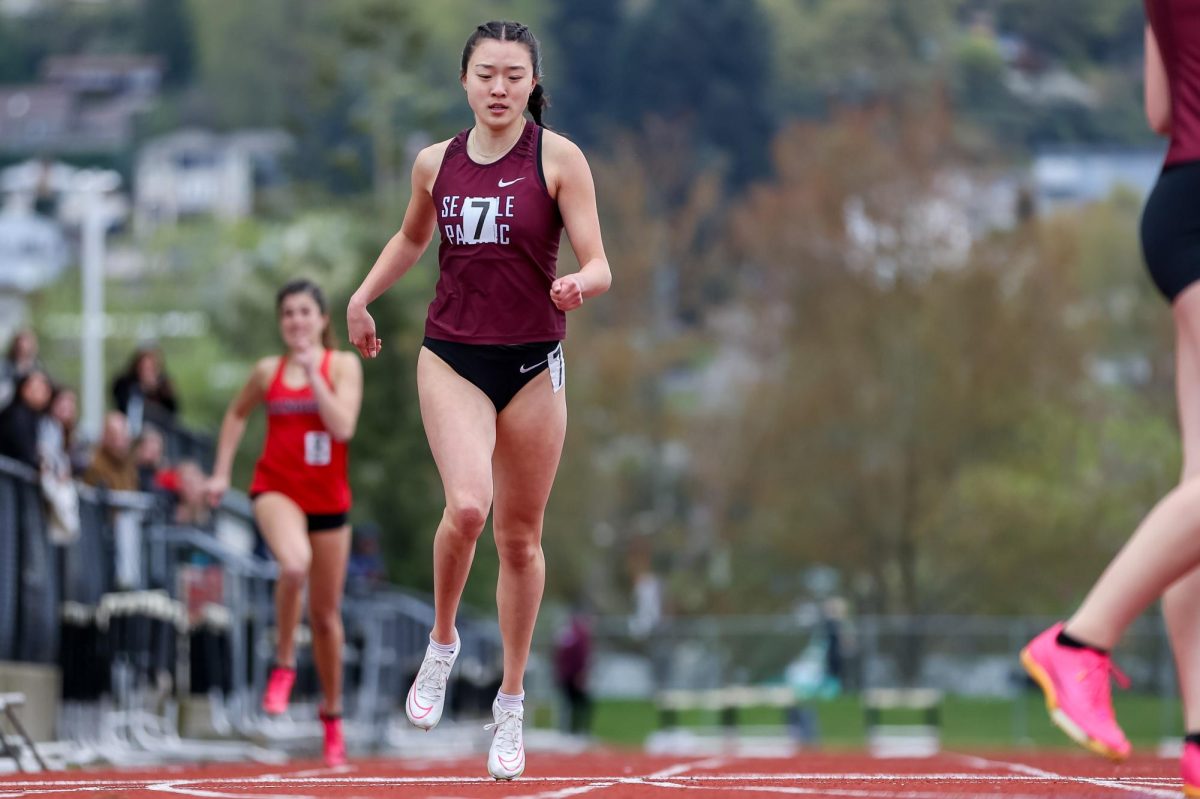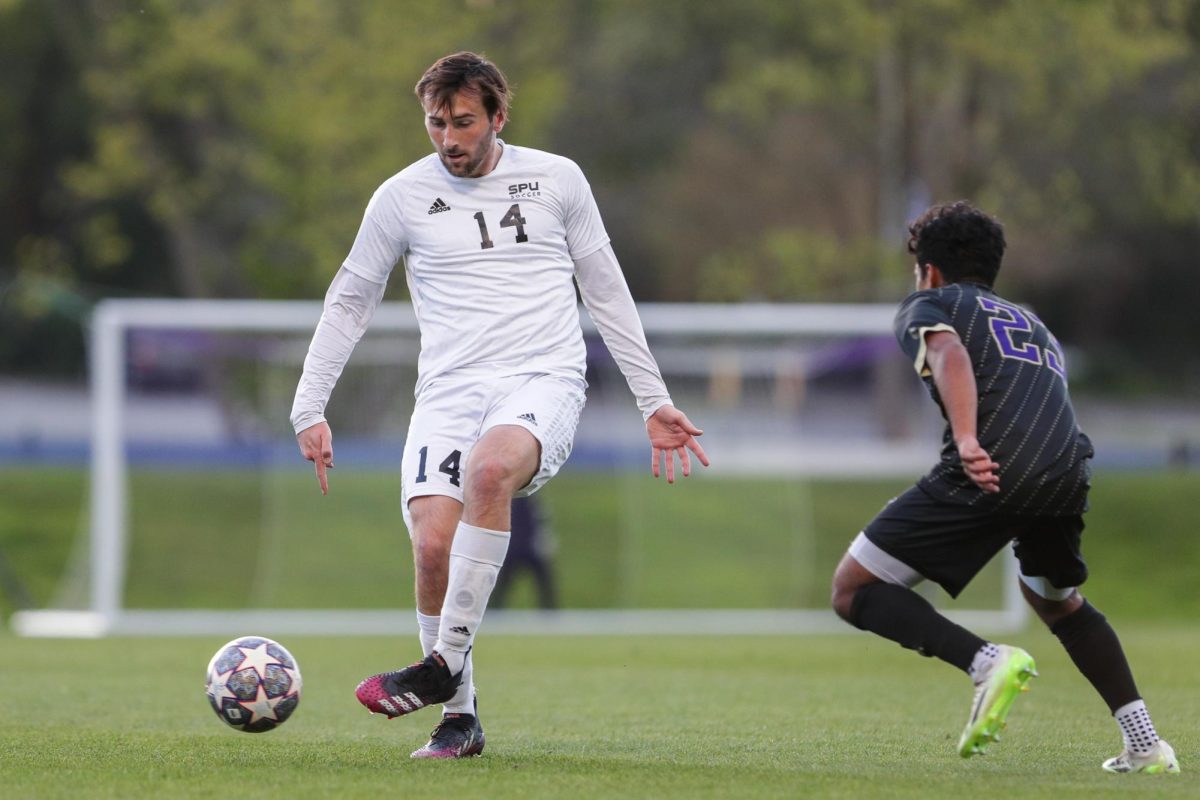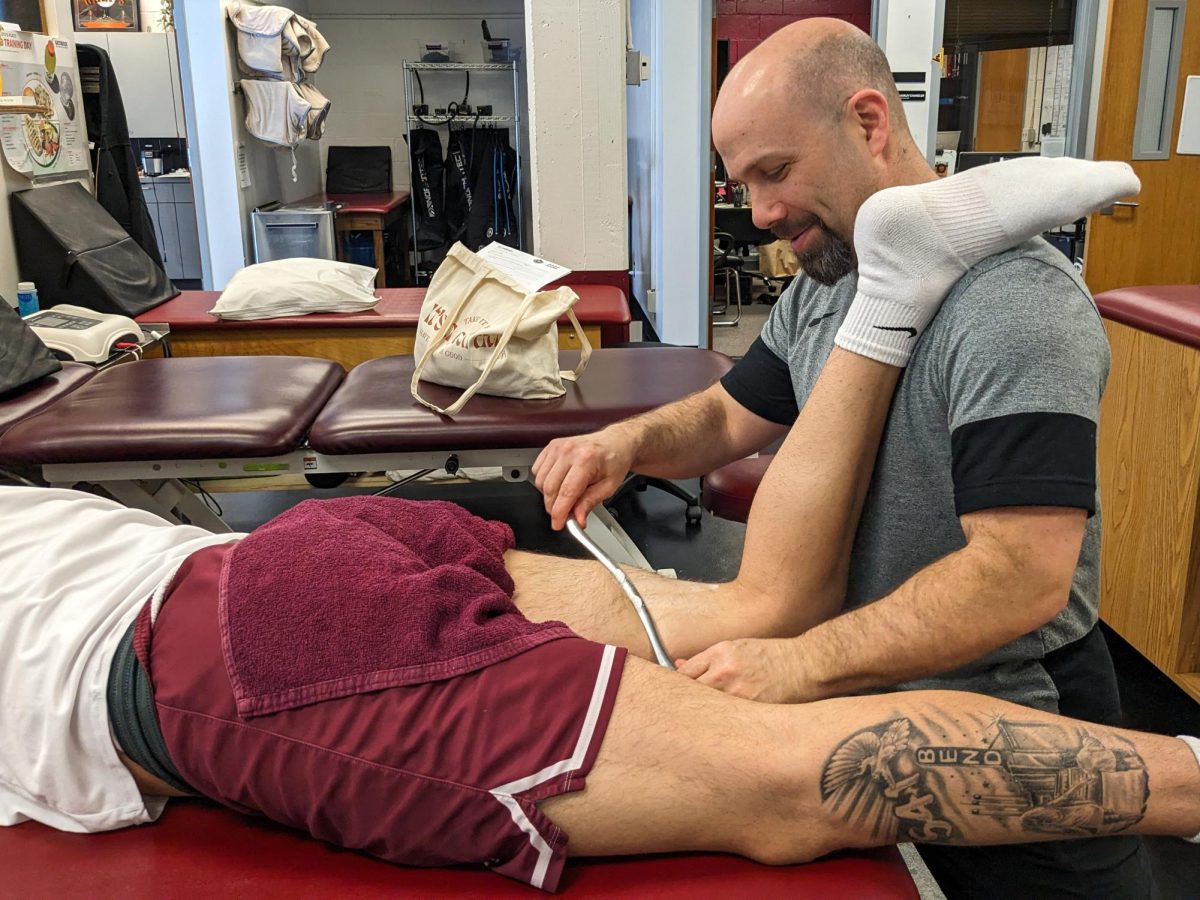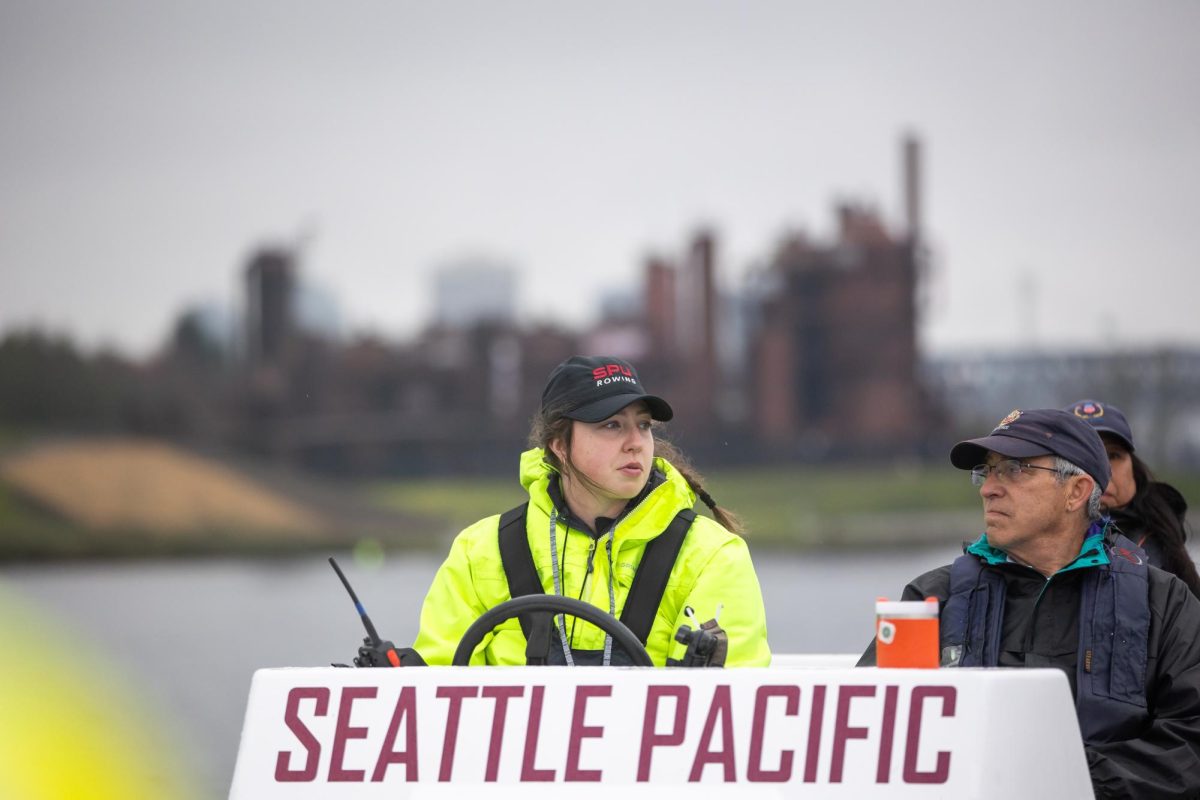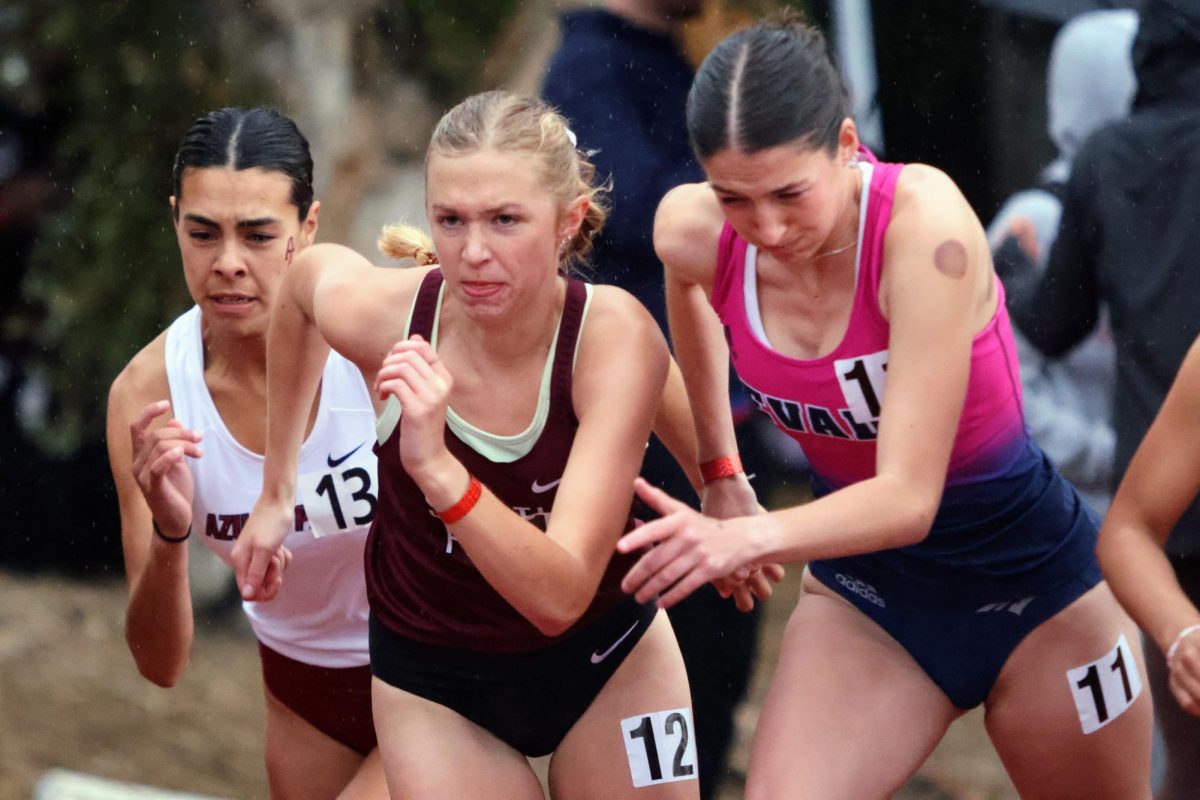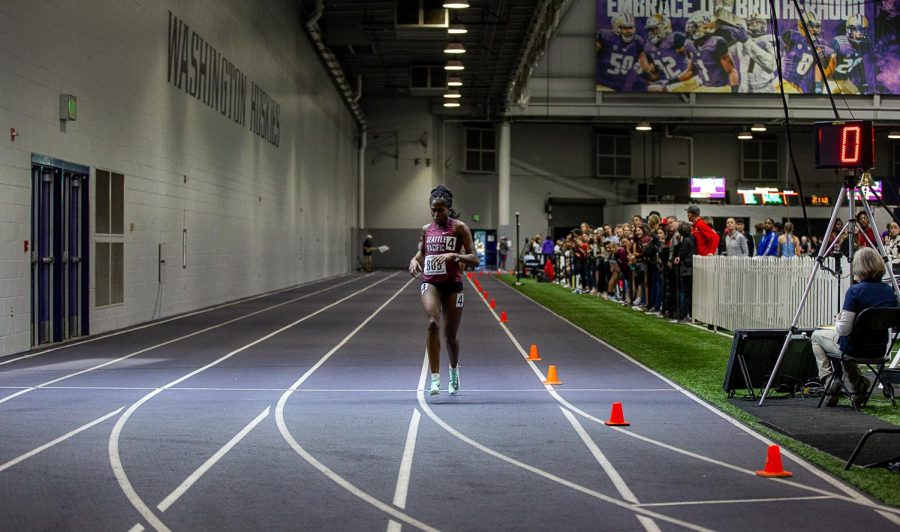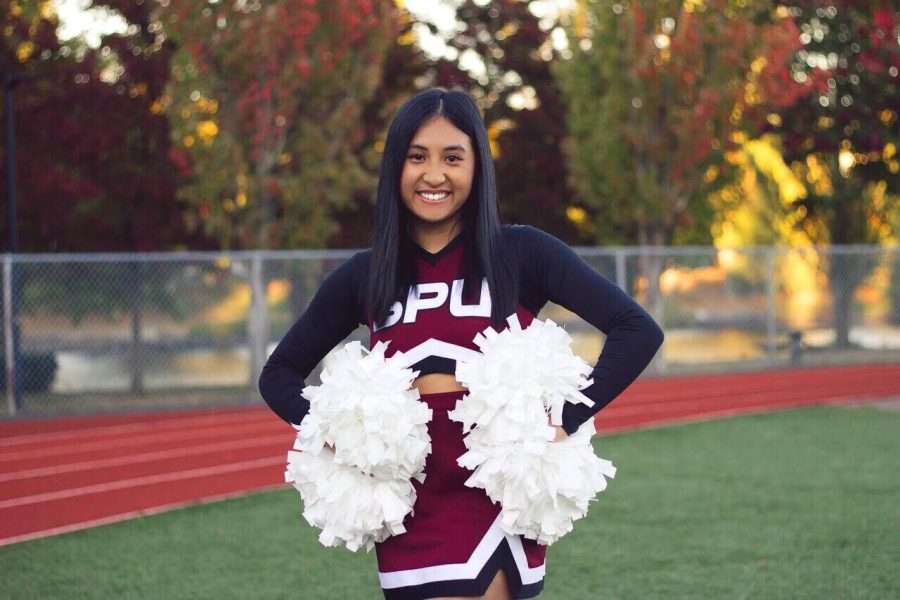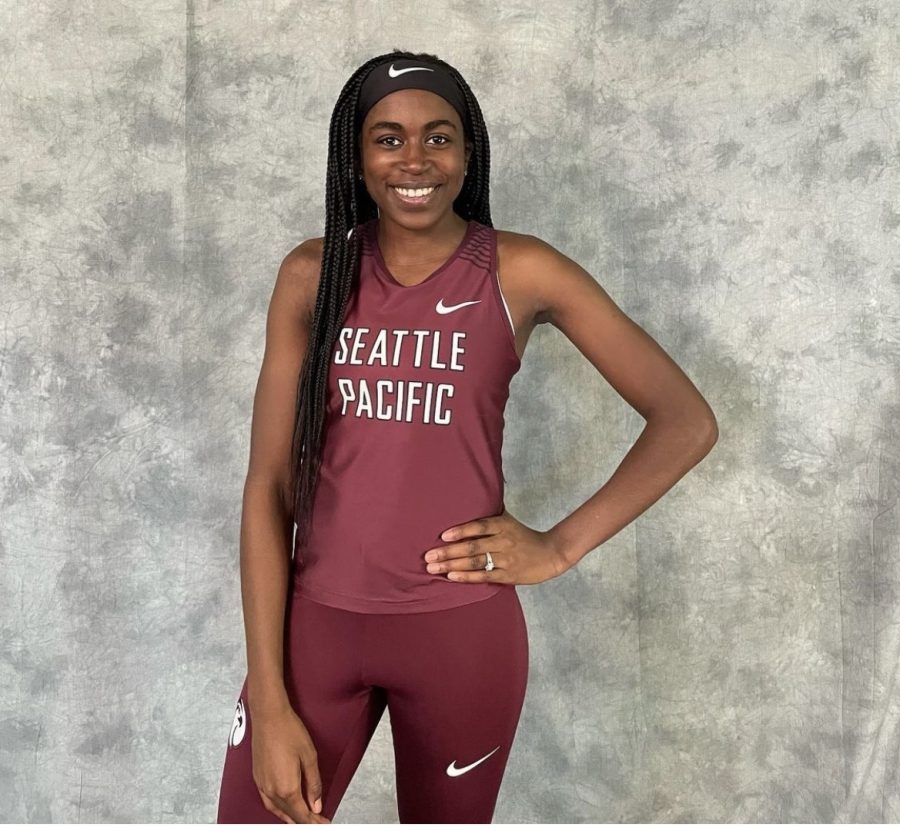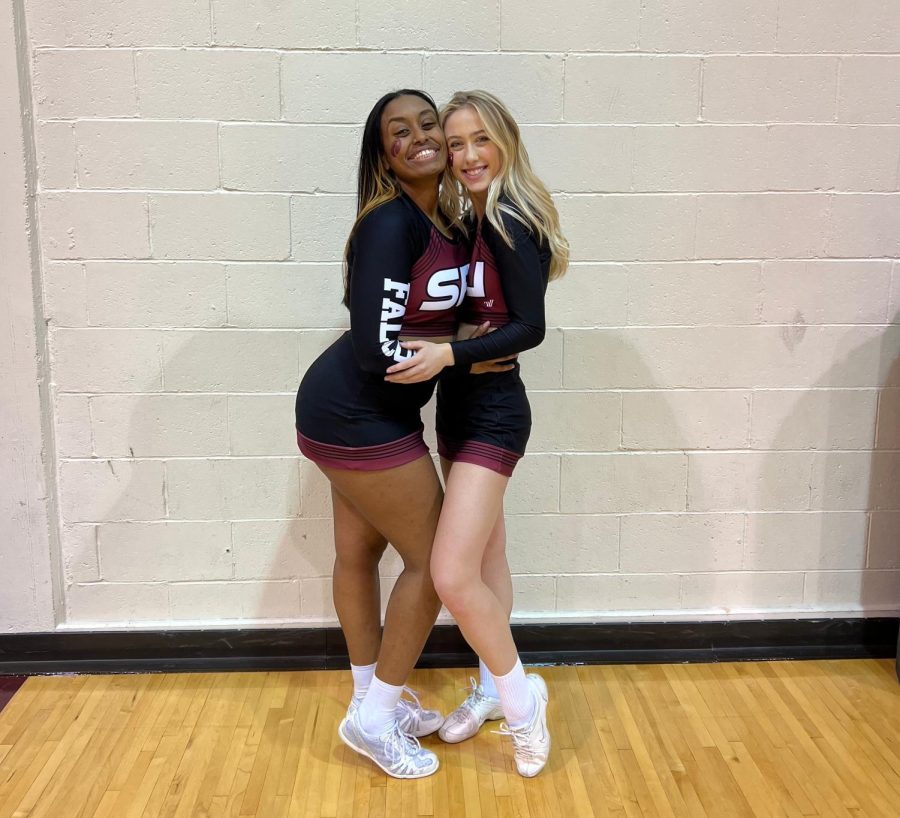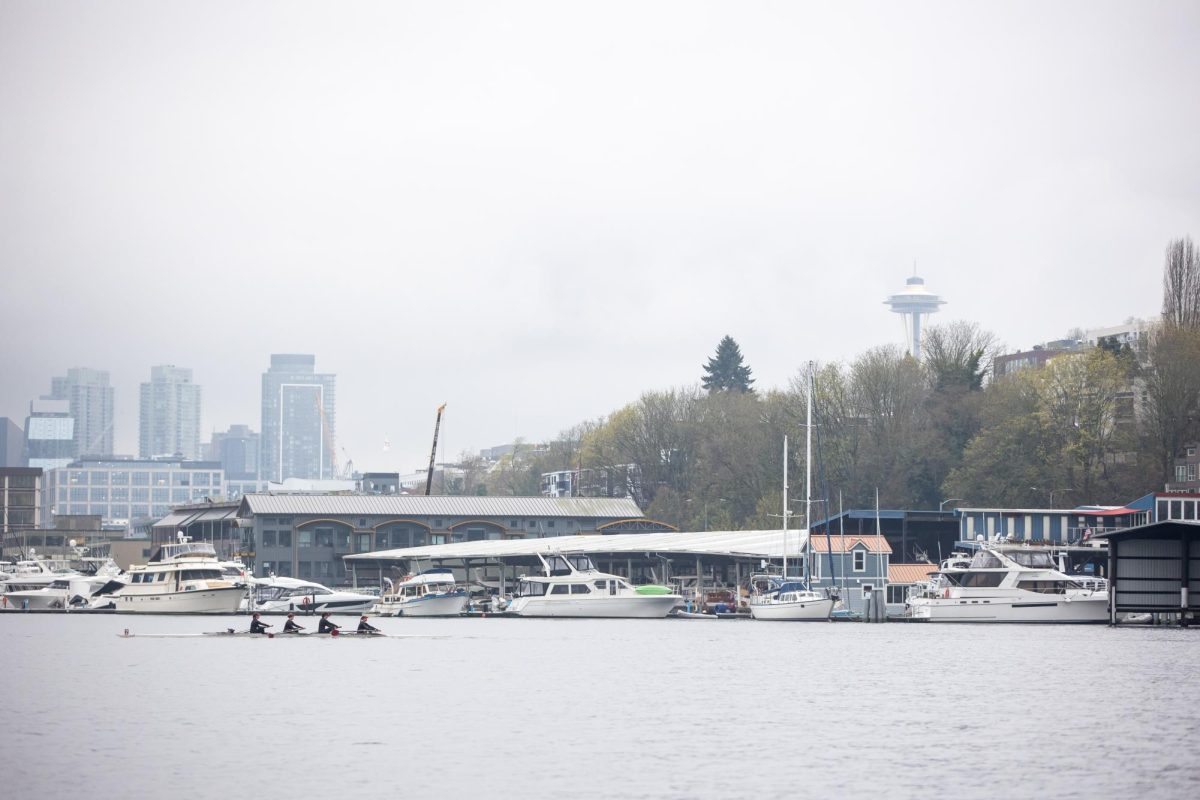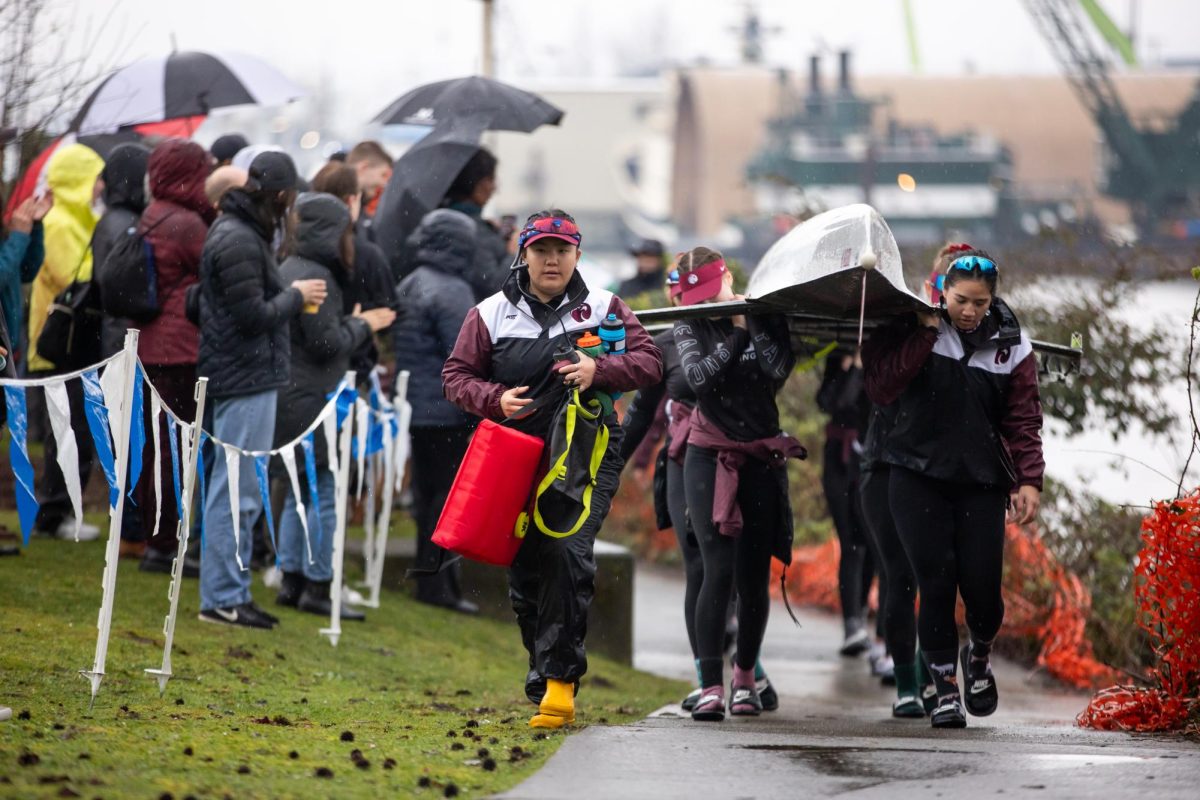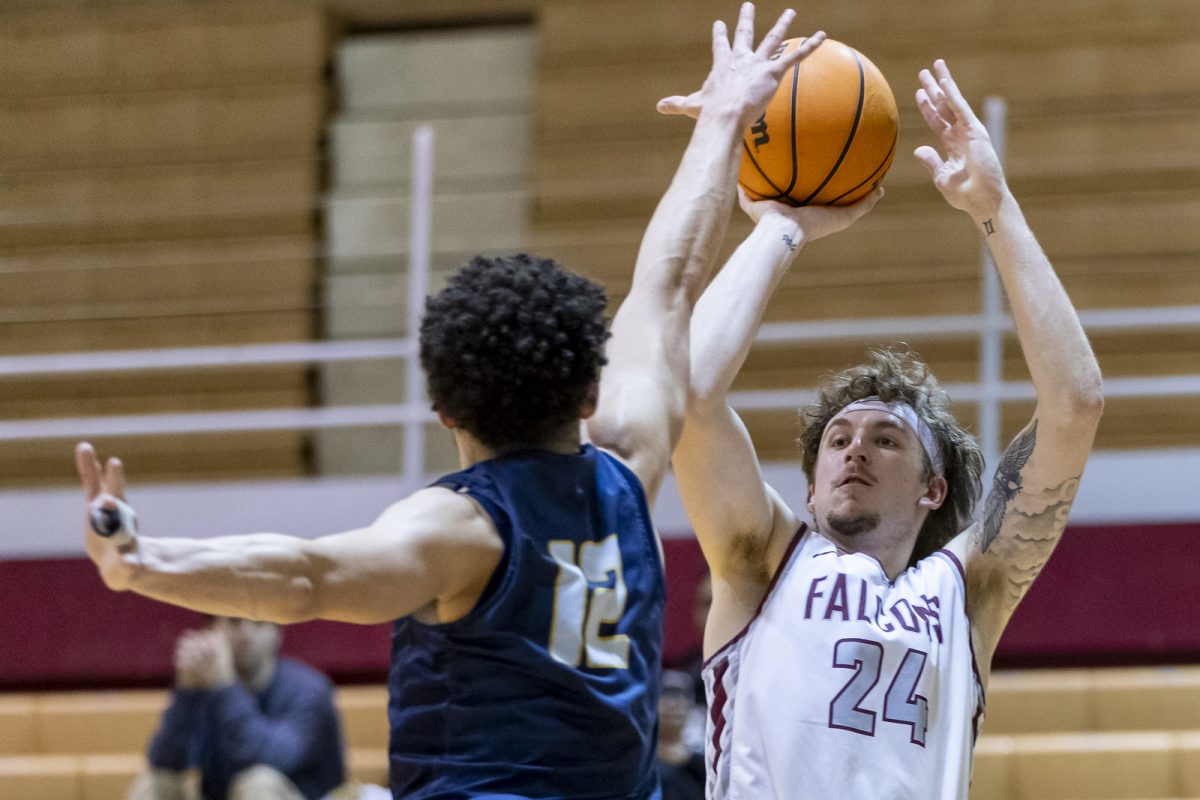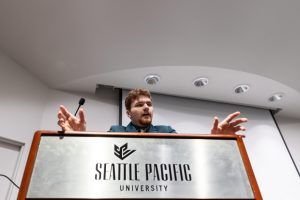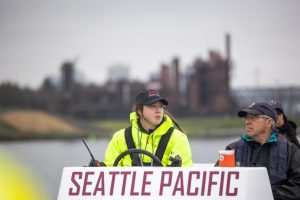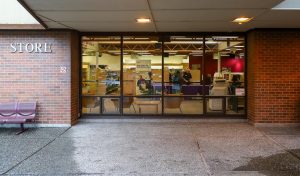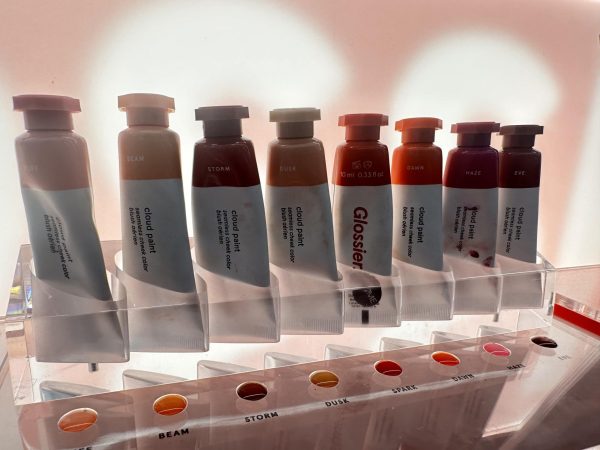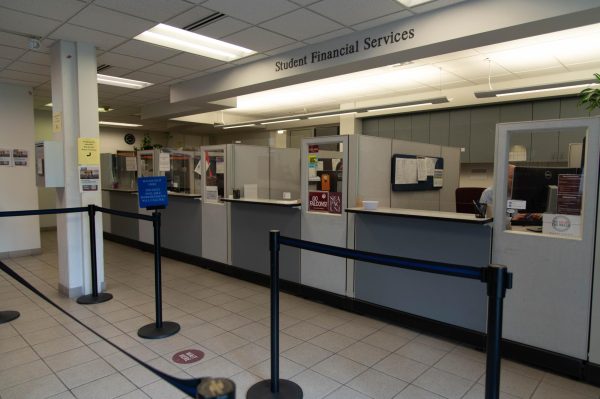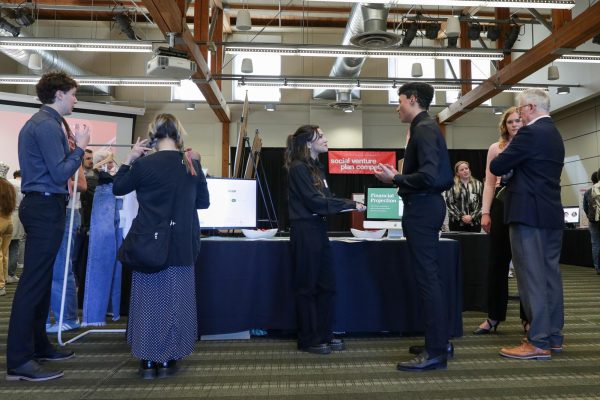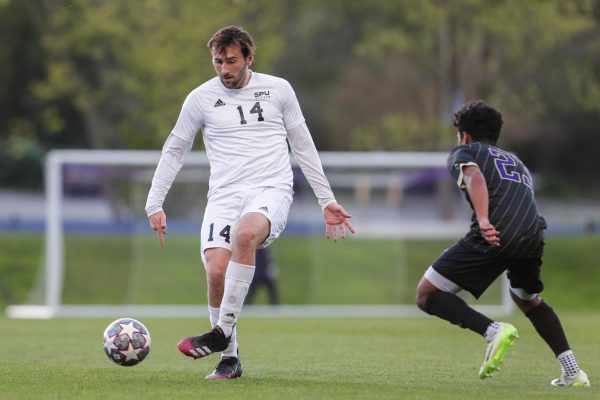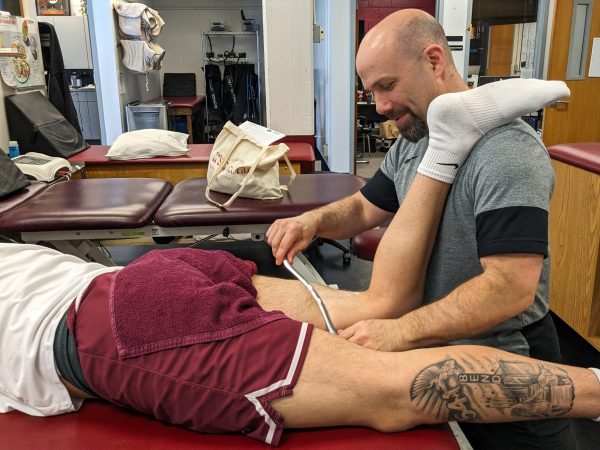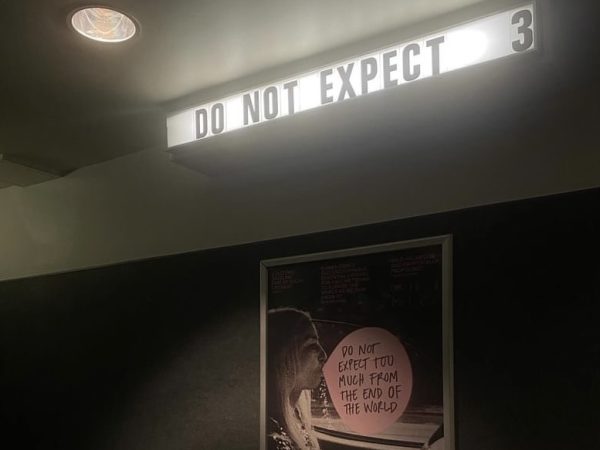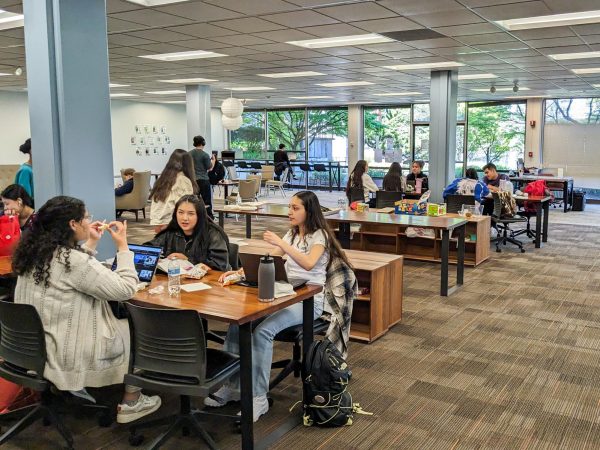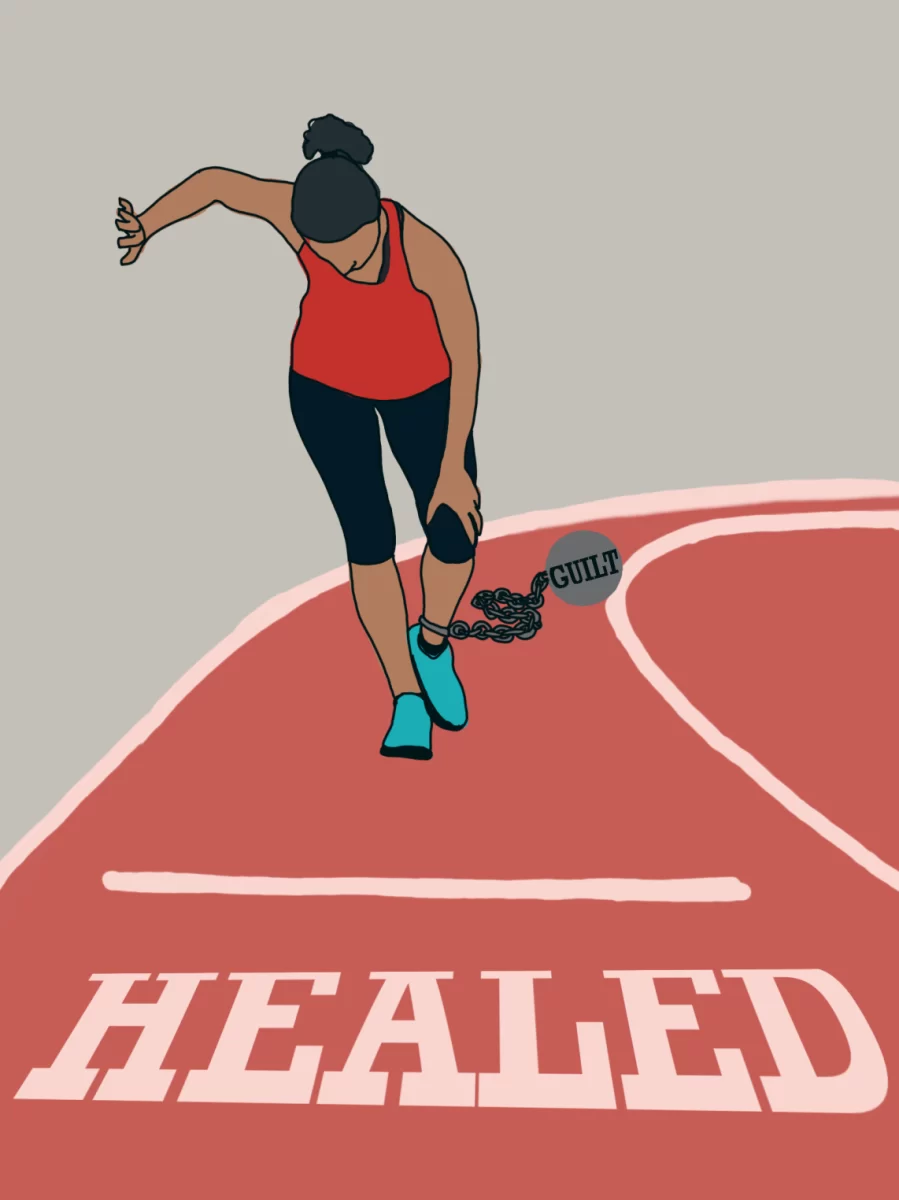Standing with male PoC
By Tori Hoffman
Last week, I wrote about a new Starbucks racial-education initiative outlined by its CEO, Kevin Johnson, in a press release the week before.
As part of the initiative, Starbucks will close more than 8,000 company-owned stores in the U.S. on May 29 to hold “racial-bias education geared toward preventing discrimination in [their] stores.”
As I previously mentioned, this initiative was procured in response to an incident on April 12 in which two black men, Rashon Nelson and Donte Robinson, were arrested for trespassing at a Starbucks in Philadelphia’s City Center district for absolutely no reason other than being black.
Incidents like this one have gone on all over the country for as long as black and white people have occupied the same public space. While there are many folks who mock the idea of black men being disproportionately criminalized, to others, it’s obvious what’s going on: prejudice.

Starbucks faces backlash from community
While it is common practice for people to sit in Starbucks, use the wifi, and not buy anything, not many of us have been asked to leave a Starbucks for occupying space and not buying anything. Why? Because most of us aren’t black. There’s nothing wrong with upholding the rules. As Robinson said in a CNN article, “I understand that rules are rules, but what’s right is right and what’s wrong is wrong.”
The wrong here is the practice of racial bias. It is when PoC men are criminalized at a significantly higher rate than other folks, with little concrete action is being done to stop or address that fact.
There is a string of systemic factors that perpetuate these types of instances including America’s racist history, all the way back to its founding wherein life, liberty and the pursuit of happiness were prioritized — but with an exclusive lens.
A white man’s perspective has always been the basis for determining what was important in our nation.
Any work after its founding has been to identify and fill holes, amend and repair protections, provide more insight as we learn and grow, and hopefully, to continue closing gaps.
Values like consumerism and competition have made any person of a dissimilar nature to ours out to be an “other,” to be overpowered or conquered in some way — it’s built into our own understanding of survival.
During the 1960s, a time when Christianity was seen as a white man’s religion, James H. Cone, a founder of Black Liberation Theology who just passed away on Saturday, fought for Christianity to be seen as a religion of liberation, a religion that says God created all people to be free.
However, even after America had equality on paper, Cone recognized the struggle that came with fighting for equality in real life. In an interview back in 2008 he said, “But I realized that for black people to be free, they must first love their blackness.”
We have made it so hard for black people to love their blackness.
Try being arrested at a Starbucks in Philly after asking to use the restroom if you don’t believe me. It’s clear that the store manager who called the police was not just one bad apple. Just look at existing divisions and tensions over race in our country today.
It’d be dangerous for anyone, including Starbucks, to believe that since the manager’s termination the company has become completely inclusive, and the education initiative suggests that they don’t.
Companies need to ask themselves if their service or goods has disproportionately served one demographic of folks over others, and if so, why? It’s an important question I hope is asked and answered a few times in different ways during Starbucks’ upcoming training.
The cops who arrested Nelson and Robinson should be under similar scrutiny for their actions that led to the arrests.
It is their job to assess the situation in which someone’s arrest is called for, and to ask questions of their own.
On an individual level, we must first recognize the biases that we have in our interactions with others if we want to avoid operating through a prejudiced lens.
This is necessary if we ever hope to connect with another individual on a genuine level. At large, we have to take systemic routes to solve systemic problems. Reckoning with history and prioritizing inclusion of a variety of perspectives in education and the workplace would be a good start.
Bowing out of the systems at play in our daily lives is much easier to say than to do, but standing up for those marginalized by society is a human responsibility.
Even in the smallest interactions — especially in our workplace — we must look for similarities rather than differences and seek to understand before we criticize.
Tori is a senior studying journalism and digital media.

